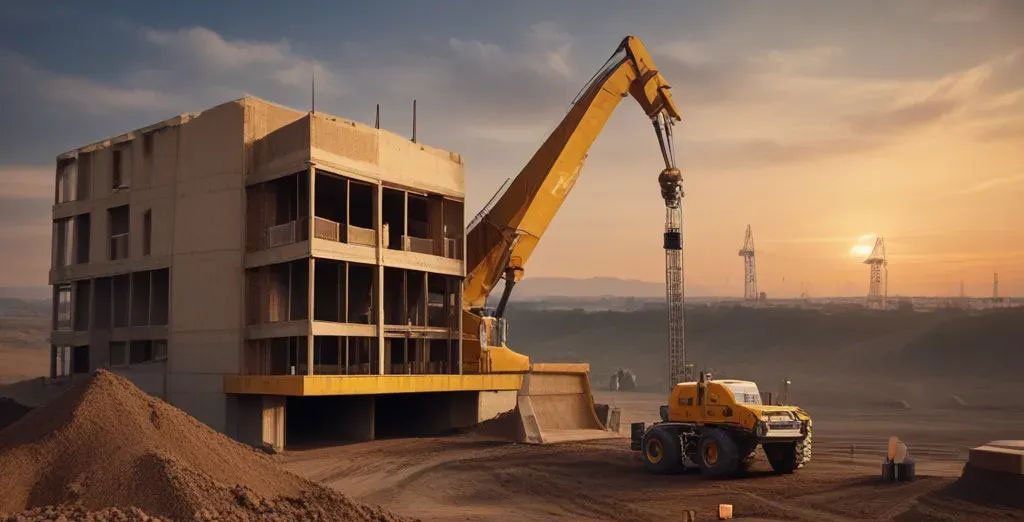B.Tech./ B.Tech. LE in Civil Engineering

B.Tech. in Civil Engineering
B.Tech. in Civil Engineering curriculum typically covers subjects like structural engineering, transportation engineering, environmental engineering, geotechnical engineering, surveying, construction management, and more. Students also engage in practical training through internships and projects to gain hands-on experience.
Eligibility
B.Tech. in Civil Engineering - 12th with PCM
B.Tech. in Civil Engineering (Lateral Entry) - 3 years Engineering Diploma in related subjects
Duration
B.Tech. in Civil Engineering - 4 Years (Eight Semesters)
B.Tech. in Civil Engineering (Lateral Entry) - 3 Years (Six Semesters)
Job Opportunities
B.Tech. Civil Engineering graduates have diverse career opportunities in both the public and private sectors. They can work as civil engineers, structural engineers, transportation engineers, environmental engineers, urban planners, construction managers, project managers, and more. They can find employment in government departments, construction companies, consulting firms, research organizations, and NGOs.
Why Choose This Course
Impactful Career: Civil engineering directly contributes to society by designing and constructing essential infrastructure that improves people's lives.
Diverse Opportunities: Civil engineers can work in various sectors, offering diverse career paths and opportunities for specialization.
Global Demand: With rapid urbanization and infrastructure development worldwide, there's a consistent demand for skilled civil engineers globally.
Innovation and Creativity: Civil engineering projects often require innovative solutions, providing opportunities for creativity and problem-solving.
Job Stability: Civil engineering is a stable profession with steady demand, offering long-term job security and growth opportunities.
Scope
Civil engineering is a diverse field with vast scope. Graduates can work in various sectors, including construction, transportation, environmental engineering, geotechnical engineering, water resources, and urban planning. With rapid urbanization and infrastructure development globally, the demand for civil engineers is consistently high.

